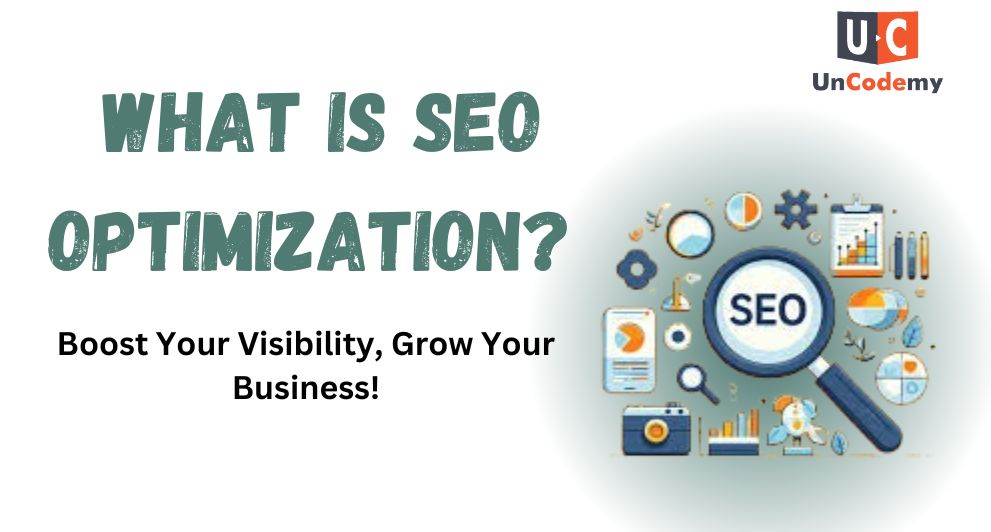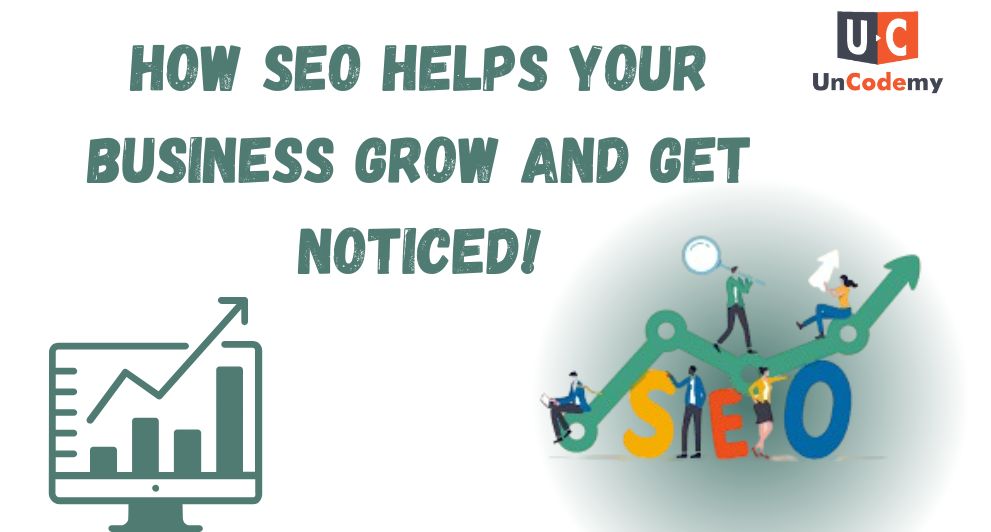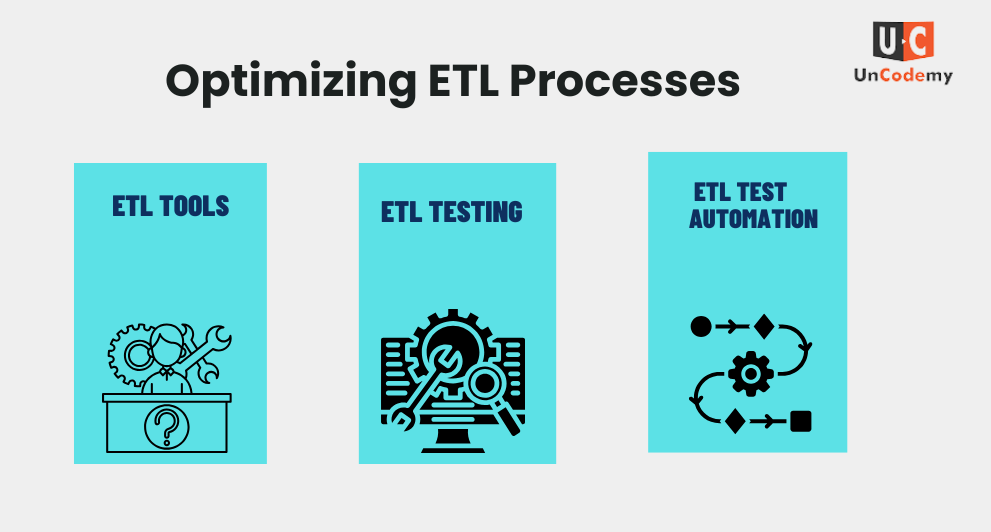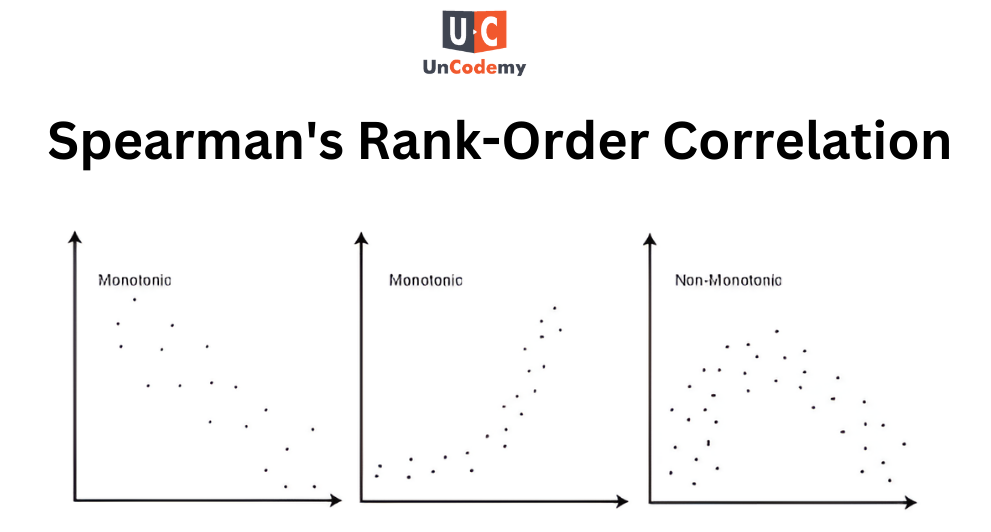What is SEO Optimization? Learn SEO for Business Growth

Introduction: Understanding SEO Optimization and Its Importance
In today’s digital era, having an online presence is crucial for businesses to thrive. Whether you run a small startup or a well-established brand, reaching your audience efficiently can be the key to success. This is where SEO optimization comes into play. SEO, or Search Engine Optimization, is the process of improving the visibility of your website on search engines like Google.
But SEO isn’t just a technical term—it’s a powerful strategy that can elevate your website’s rank, drive more traffic, and increase conversions. In this blog, we will dive deep into what SEO optimization is, how to learn SEO, its role in SEO marketing, and why SEO is so important for your business. By the end, you’ll have a solid understanding of why SEO is an indispensable part of any online marketing strategy.
What is SEO Optimization?
The Basics of SEO
SEO stands for Search Engine Optimization, and it’s a practice used to enhance the visibility of a website or webpage on search engines like Google, Bing, or Yahoo. The aim is to make your website more discoverable to users by improving its ranking on search engine results pages (SERPs).
SEO optimization encompasses a series of practices that help search engines understand your website’s content and relevance to users’ search queries. When done correctly, SEO can help your site rank higher for the right keywords, attract organic traffic, and ultimately convert visitors into customers.
Key Components of SEO Optimization
- On-Page SEO: On-page SEO refers to optimizing elements within your website to improve its rankings. This includes the content itself (keywords, quality, length), title tags, meta descriptions, URL structure, internal linking, and images.
- Off-Page SEO: This focuses on building your website’s authority through backlinks, social media signals, and online mentions. It’s about building trust and credibility outside of your site to improve its ranking.
- Technical SEO: This involves optimizing the technical aspects of your website, such as site speed, mobile responsiveness, and the overall user experience. Technical SEO ensures that search engines can easily crawl and index your website.
- Content SEO: Content is one of the most significant factors in SEO optimization. High-quality, relevant, and valuable content is more likely to rank higher on search engines. Integrating keywords naturally and providing engaging content is vital.
How seo help your Business Grow

In the digital age, every business—large or small—needs to have an online presence. SEO is the backbone of this presence. Let’s break down why SEO is crucial for business:
- Increased Visibility and Traffic With billions of websites competing for attention on the internet, standing out is vital. SEO helps your website show up when people search for relevant products or services. The higher your website ranks, the more visible it becomes to potential customers.
- Cost-Effective Marketing Strategy Unlike paid advertising (like PPC), SEO is a long-term investment that doesn’t require continuous spending. While it takes time to yield results, the return on investment (ROI) from SEO is often higher. Organic traffic is free and sustainable.
- Improved User Experience SEO isn’t just about keywords; it also focuses on user experience. This includes website navigation, fast loading times, mobile compatibility, and easy-to-read content. A positive user experience leads to higher engagement and conversions.
- Building Credibility and Trust Websites that rank higher on search engine results tend to appear more credible. High rankings signal to users that your site is trustworthy. SEO optimization helps establish your brand’s authority in your niche, building trust with your audience.
- Better Conversion Rates By optimizing your website for relevant keywords, you attract more qualified traffic. These are people who are genuinely interested in what you offer. SEO increases the likelihood of converting visitors into paying customers.
- Staying Ahead of Competitors Many businesses still neglect the power of SEO. If you are implementing SEO strategies, you have a significant advantage over competitors who aren’t. Ranking well on Google can set your business apart in your industry.
Learn SEO: A Step-by-Step Guide
Learning SEO can seem overwhelming at first, but breaking it down into manageable steps can make the process more approachable. Here’s how you can start:
1. Master the Basics of SEO
Understanding the fundamental concepts of SEO is essential before diving into advanced strategies. Familiarize yourself with the following key SEO components:
- Keywords: These are the terms and phrases people use to search for information online. Tools like Google Keyword Planner, SEMrush, or Ahrefs can help you identify the best keywords for your website.
- Search Engine Algorithms: Google uses complex algorithms to rank websites. Understanding how these algorithms work can help you optimize your website in line with search engine requirements.
- SERP Features: Familiarize yourself with the different types of results that appear on search engines, such as organic listings, local packs, featured snippets, and more.
2. Learn On-Page SEO Techniques
On-page SEO involves optimizing individual pages on your website. Here are some tips:
- Use Relevant Keywords: Place keywords strategically in titles, meta descriptions, headers, and body content.
- Write High-Quality Content: Ensure your content is informative, well-written, and offers value to your audience.
- Optimize Images: Compress images and use descriptive file names and alt texts to improve the page load speed and search engine indexing.
- Mobile Optimization: Ensure your website is mobile-friendly, as most searches now happen on mobile devices.
3. Dive into Off-Page SEO
Off-page SEO refers to activities that happen outside of your website but still impact your ranking. This mainly involves link building, which can be done through:
- Guest Blogging: Writing articles for other blogs in exchange for backlinks to your site.
- Social Media: Sharing your content on social media platforms helps build your online presence.
- Influencer Outreach: Partnering with influencers in your niche can help generate backlinks and social signals.
4. Master Technical SEO
Technical SEO ensures that your website is technically optimized for search engines. Key aspects include:
- Website Speed: A fast-loading site improves user experience and SEO rankings.
- Mobile Responsiveness: Google prioritizes mobile-friendly websites in its rankings.
- SSL Certificate: Secure your website with HTTPS to boost trust and ranking.
- XML Sitemap: This helps search engines understand the structure of your site and index your pages better.
5. Analyze and Monitor SEO Performance
Tracking the performance of your SEO efforts is crucial to understand what’s working and what’s not. Use tools like Google Analytics, Google Search Console, and SEMrush to monitor key metrics like traffic, bounce rates, and rankings.
What is Off-Page SEO?
While on-page SEO refers to the elements you control on your website, off-page SEO focuses on activities outside your website that influence your rankings. This includes:
- Link Building: Getting backlinks from reputable websites helps signal to search engines that your site is credible and authoritative.
- Social Media Engagement: Active social media profiles can drive traffic to your site and improve brand recognition.
- Brand Mentions: Mentions of your brand across the web (even without links) can also contribute to your authority.
Conclusion: Why You Should Learn SEO Marketing for Your Business
In today’s competitive digital landscape, SEO marketing is not just an option—it’s a necessity. Learning SEO can significantly benefit your business by improving visibility, driving targeted traffic, enhancing user experience, and increasing conversion rates. Whether you are a business owner or an aspiring marketer, understanding SEO optimization is essential to staying ahead in the market.
By continually learning and implementing SEO techniques—on-page, off-page, and technical—you’ll set your business on the path to online success. So, start learning SEO today and watch how it transforms your business’s digital presence.







